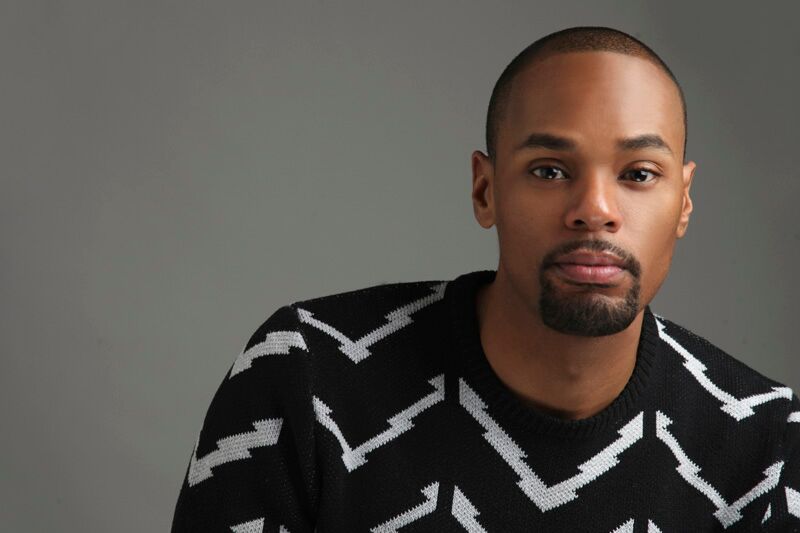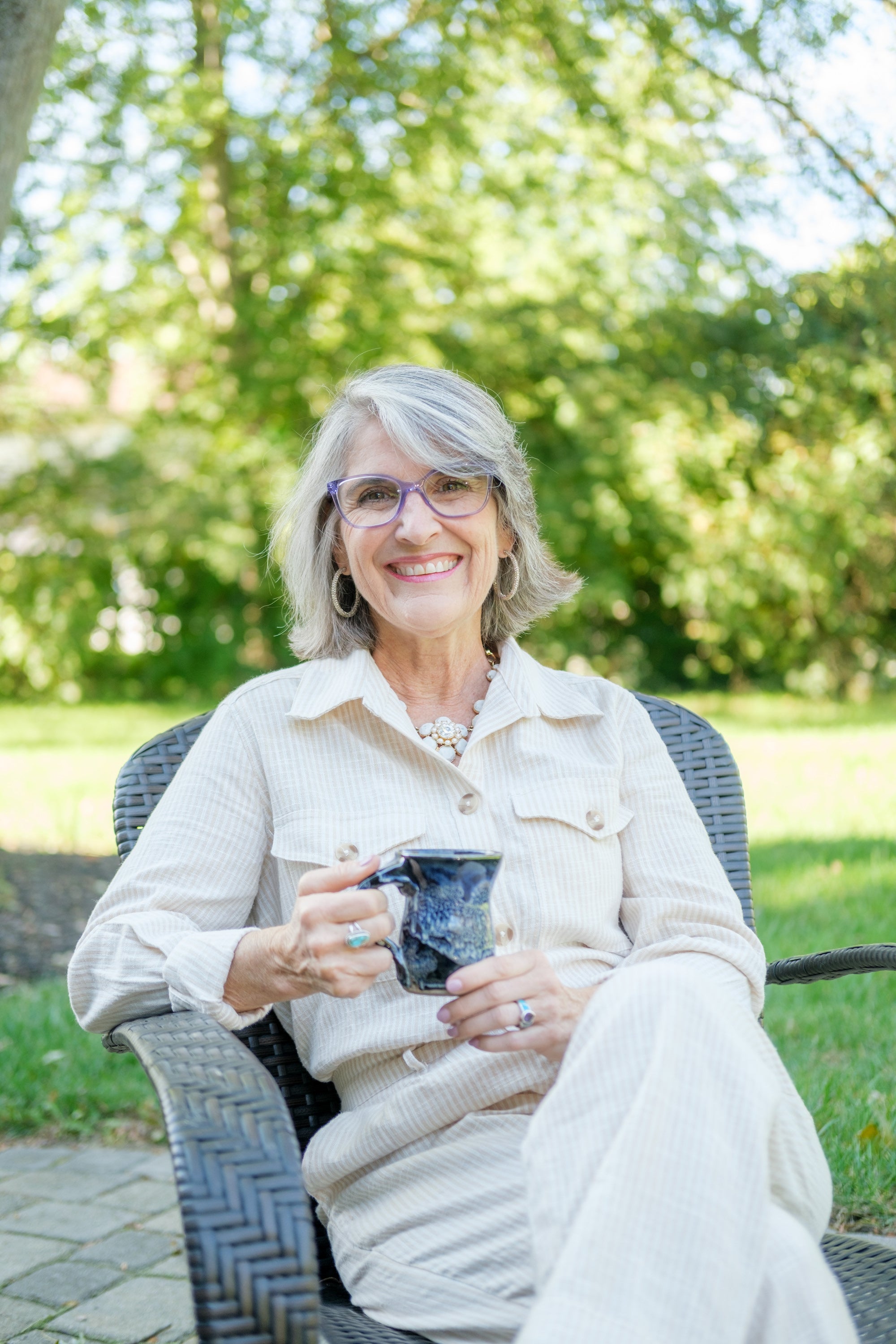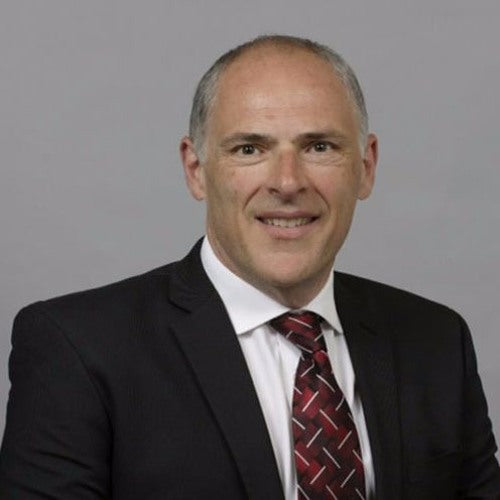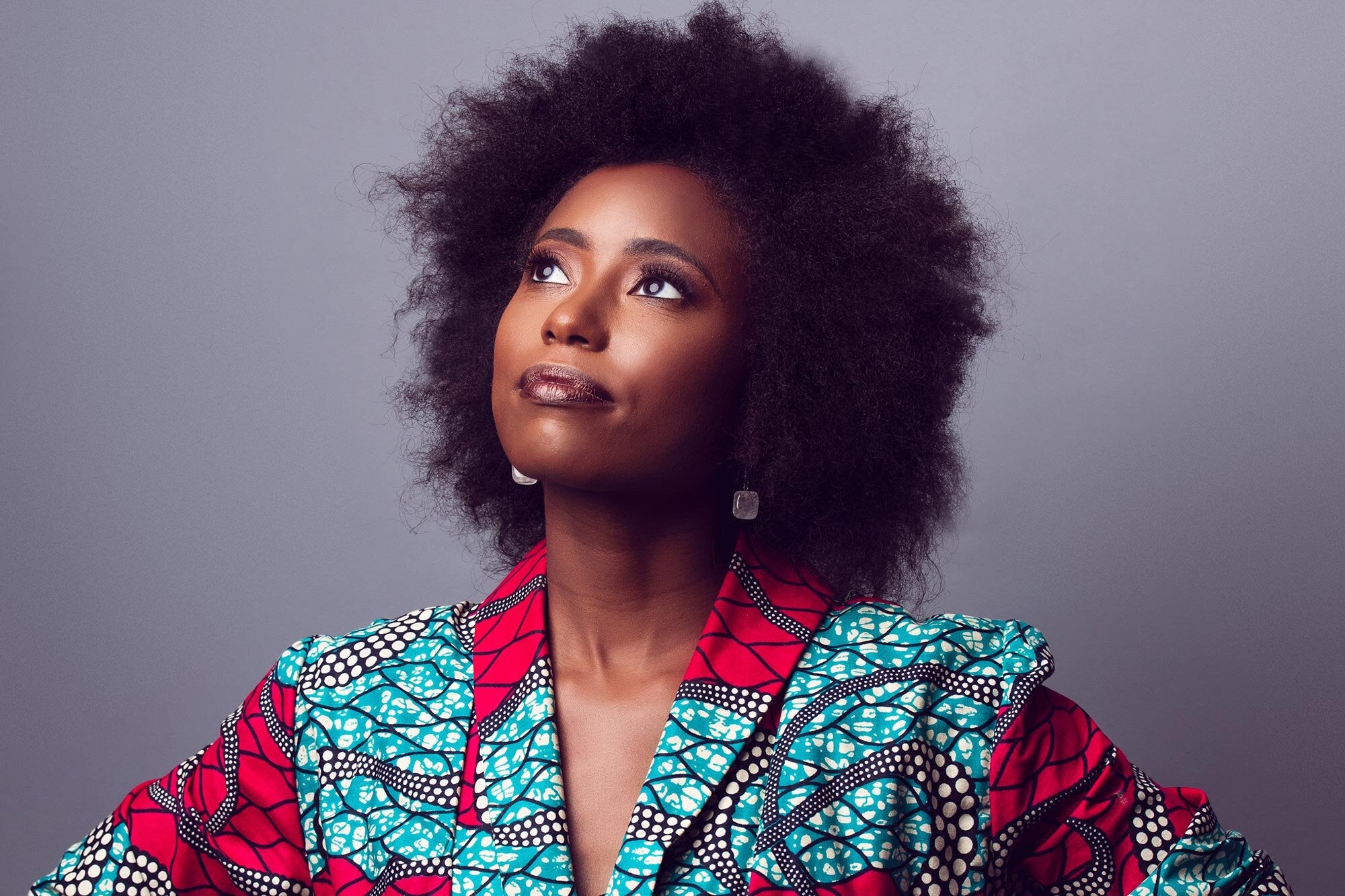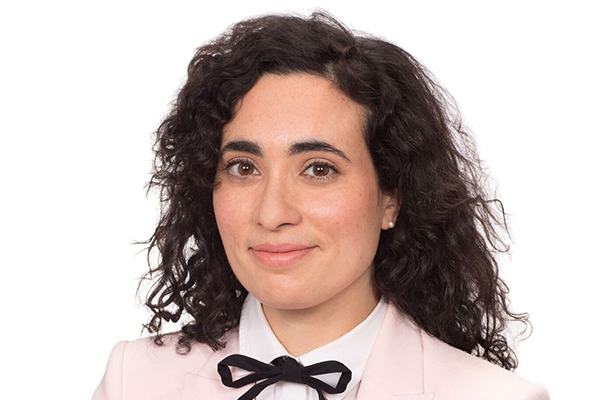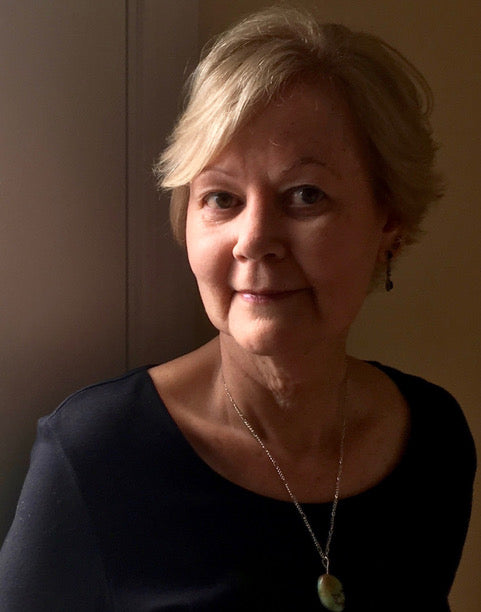Book:
I Can't Date Jesus: Love, Sex, Family, Race, and Other Reasons I've Put My Faith in Beyoncé

Photo Courtesy of Michael Arceneaux
Author: Michael Arceneaux
Author Bio:
Michael is the New York Times bestselling author of the book, I Can’t Date Jesus, which was released on July 24, 2018, from 37 Ink/Atria Books/Simon & Schuster.
1. Fan Question #1 From @missjwood: How does it feel to be a New York Times Best Seller and what does it mean to you?”
I know you're supposed to say that making the list doesn't define you as an author - and to be clear, it does not - but for me, it was a lifelong goal so I am very grateful and proud to have achieved this.
Yes, for myself, but knowing how difficult it was getting a book deal because of other people's limited perceptions of my appeal as a Black queer writer, I am thrilled that other marginalized writers - specifically those like me - can now list my book as a comparative work to help sell theirs.
I have a ways to go with this book and getting the word out, but again, very proud and honored by what's been achieved thus far.
2. Fan Question #2 From @papermedicine: Can he explain the process of becoming a freelance writer?
It's hating yourself and then trying to itemize every deductible imaginable come tax season. Uh, that's a long, exhaustive question, but if to put it succinctly, it's basically amassing enough steady work to fully support yourself (whether you want to or not).
It's not for everyone, and frankly, I wouldn't recommend it to many people. It can be rewarding in some ways, but it's a challenge for many others.
3. Fan Question #3 From @txlawyerwithlocks: Hello! Yes, I would like to know more about the process of how he got his first book published. He mentioned in other reviews that it was difficult so I think his process might help other young black writers.
There is no singular process, so it depends on what exactly you're asking. To get a nonfiction book deal, you typically have to find an agent, prep a proposal and then shop it to publishers.
That's the path, but it's a lot more complicated than that so unless there is a specific question, yeah, it was difficult because there is an idea that nonwhite authors are "niche." How everyone combats that is subjective.
4. Who was an important mentor in your life and what did they teach you about success and happiness?
I've never really had a mentor, but there have been people who have been helpful to me in the book's writing process along the way: Denene Millner, Helena Andrews, Demetria Lucas, Samantha Irby, and other friends who have had books. No one ever really served in the role as mentor to me, but I try to learn from people whose work and careers I admire. That said, I find mentorship valuable.
5. What do you hope the readers get from your book?
My only goal is to make people laugh and to make people think. I don't try to project anything else to a reader. People will pull what they want out of it without me pointing them in any particular direction.
6. You have tremendous wit and humor, how have those qualities help you get through tough times?
If I didn't know how to laugh, I'd probably be dead. It's as simple as that.
7. What was your writing process like for this book?
Poorly juggling freelance writing and book writing until ultimately putting the former in rice, inhaling an obscene amount of caffeine and locking myself out of the internet until I wrote my chapters.
8. What is your best advice for getting through writer's block?
I don't believe in writer's block. If you have something due, get it done.
9. What is the best advice you have received on happiness?
It's not so much on trying to achieve happiness, but I've been cautioned to appreciate the moment even if things are still challenging.
10. Do you plan on writing more books in the future?
Places To Find More From This Author:
Twitter: @youngsinick
Instagram: @youngsinick
Facebook: Michael Arceneaux
Website: www.michael-arceneaux.com
